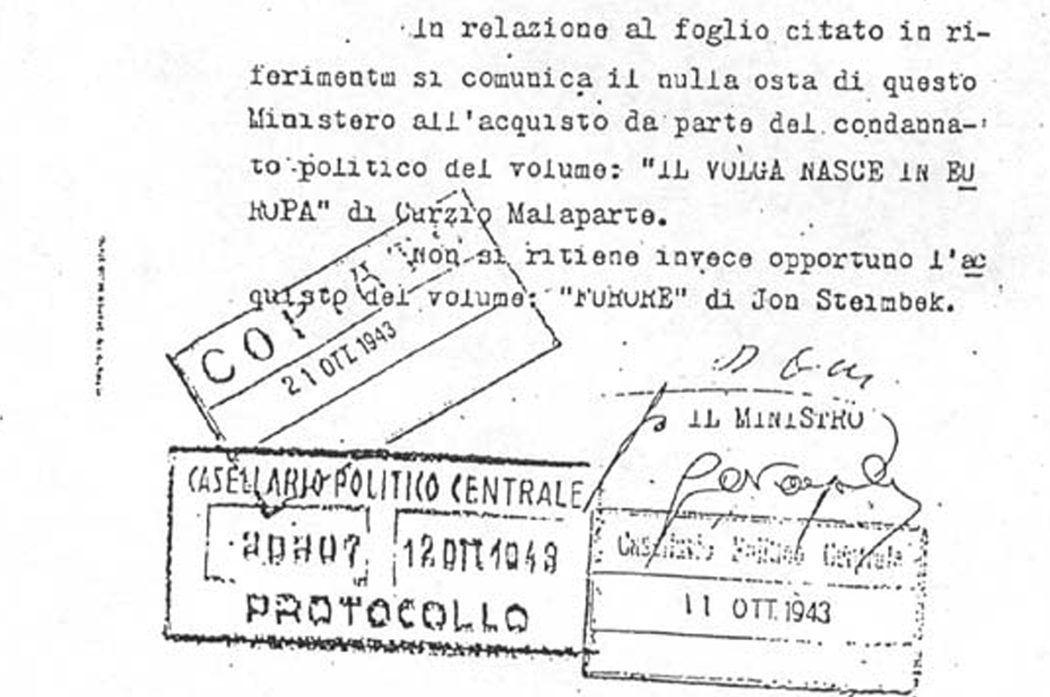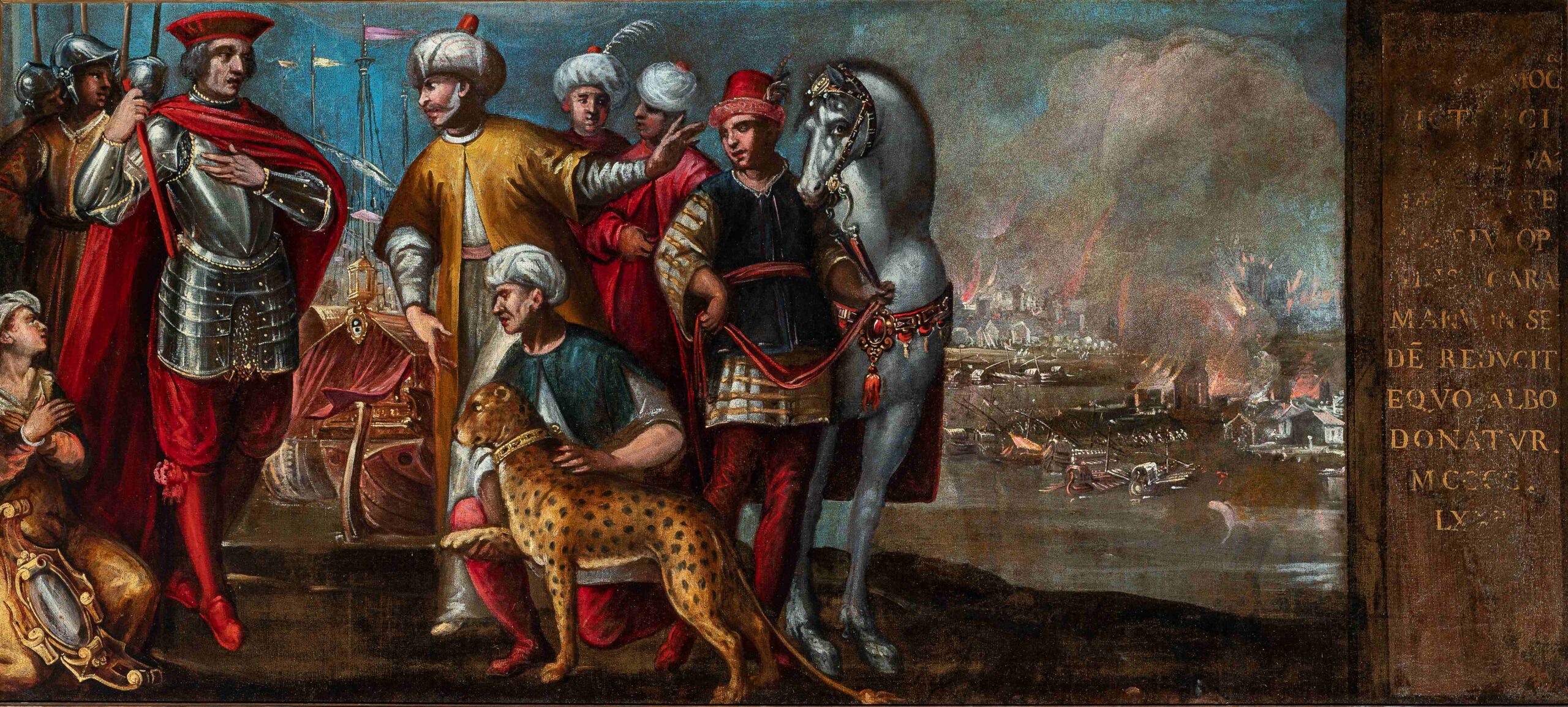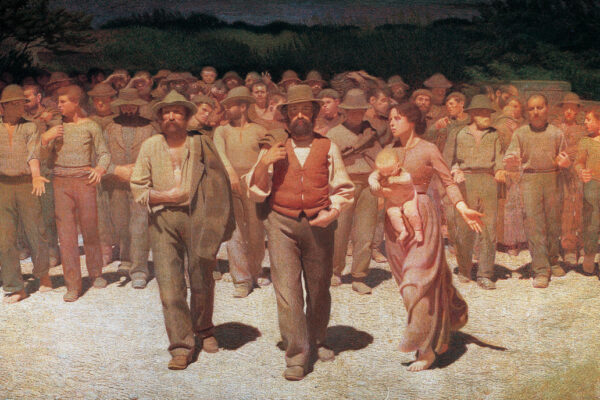Christopher Rundle is a tenured researcher at the Advanced School for Interpreters and Translators (SSLMIT) at the University of Bologna and Honorary Fellow of the School of Languages, Linguistics and Cultures at the University of Manchester.
In the 1930s translation became a key issue in the cultural politics of the Fascist regime due to the fact that Italy was publishing more translations than any other country in the world. Making use of extensive archival research, the author of this new study examines this ‘invasion of translations’ through a detailed statistical analysis of the translation market. The book shows how translations appeared to challenge official claims about the birth of a Fascist culture and cast Italy in a receptive role that did not tally with Fascist notions of a dominant culture extending its influence abroad. The author shows further that the commercial impact of this invasion provoked a sustained reaction against translated popular literature on the part of those writers and intellectuals who felt threatened by its success. He examines the aggressive campaign that was conducted against the Italian Publishers Federation by the Authors and Writers Union (led by the Futurist poet F. T. Marinetti), accusing them of favouring their private profit over the national interest. Finally, the author traces the evolution of Fascist censorship, showing how the regime developed a gradually more repressive policy towards translations as notions of cultural purity began to influence the perception of imported literature.
Introduction
Goffredo Coppola se la prende con le traduzioni e non sa che solo paesi di alta cultura possono tradurre molto […]. La vera cultura italiana non ha bisogna di censori.
The purpose of this study is to look at the question of translation in Italy during the Fascist regime.
I am interested in how translation became a political issue and the attitudes towards translation that the debate which surrounded it, particularly in the 1930s, reveals. I am interested in what I shall be calling the translation industry: that is the market that developed for large quantities of translated fiction and the publishers who both helped to create and feed this market. I intend to look at how the regime reacted to this industry, the ways in which it attempted to either monitor or control it, and the ways in which the regime’s attitude changed along with the changing political climate of the late 1930s: with the invasion of Ethiopia, the introduction of official anti-Semitism, and the outbreak of the war.
I shall be focusing on the publisher who was arguably the most important purveyor of translations, Arnoldo Mondadori, and on his former employee and colleague Valentino Bompiani, who also made a name for himself in publishing translated fiction, especially contemporary American fiction. There is a tendency when talking about Italian literary history to focus on the interests and concerns of an elite group of writers and intellectuals: our view of Italian literature in the 1930s is dominated by canonical intellectuals and writers such as Cecchi, Praz, Bontempelli, Malaparte, Prezzolini, D’Annunzio, Pirandello, Moravia, Ungaretti, Montale, Pratolini, Gadda, etc. and by the young Pavese and Vittorini (largely because of the fame they achieved after the war).
Correspondingly our view of translation in the 1930s has been dominated by the concerns of this same group of people: both those who saw themselves defending Italian culture from vulgarity that came from within and without, and those who sought in translation an escape from the somewhat stifling and un-enterprising cultural climate of the time and who found new inspiring literary models through translation. My expectations in embarking on this study were conditioned by this same perspective and by the importance attributed to translated American contemporary fiction, and certain aspects of American culture in general, in the development of a realist movement in Italian writing and cinema.
This movement took hold after the war but is generally seen to have begun with the deep impression made on authors such as Cesare Pavese and Elio Vittorini by the contemporary American fiction they read, and sometimes translated, in the late 1930s, and the new form of artistic expression which it seemed to suggest to them. This focus on influential writers and the influence of the literature they translated is reflected in most of what has been written so far about what Pavese famously called the ‘decennio delle traduzioni’, where attention has tended to concentrate on the contribution translation in the 1930s has made to Italian literary history.
The question of translation during the Fascist era, then, has tended up to now to be seen in terms of the influence on Italian culture of translated American literature, and of its contribution in the construction of a cultural myth of America with memories of the excitement of reading what was almost a taboo literature in those days.
While I don’t doubt that even the average reader was capable of feeling this same appeal, I think that its importance concerns the more select members of the artistic and intellectual establishment. This, as I have said, is reflected in the writing on the period. Rarely is any mention made of the fact that while the 1930s may have been the decade of translations in the sense that Pavese intended, where artists like him found new inspiration in the translations they read, rather than in what was being written in Italian, it was also the decade of translations for the reason that Italy published more translations than any other country in the world, and because a taste and a market for popular fiction – the reading matter of the masses – was catered to using translations.
Marino Livolsi, speaking at a conference held in Milan in February 1981 on publishing and culture in Milan between the two wars, has expressed the focus I wish to adopt in this study particularly well:
Other studies which look at translation in this period without restricting themselves to Pavese and Vittorini and a translation-fed myth of America are: Albonetti (1994) who looks briefly at the translation industry in his introduction to the material he presents from the Mondadori archives; Billiani (2002 and 2004), and in particular (2007), who looks at the role of translation in the cultural debates of the 1920s and 1930s; Cembali (2006) who looks at the translators operating during the regime; Dunnett (2002) and Fabre (2007) who both look at Fascist censorship of translations; Petronio (1988) and Schulz-Buschhaus (1979) who look at the role played by translation in the importation of new popular literary models, especially crime fiction; Rubino (2002 and forthcoming) who looks at the brief period of popularity of German translated literature in the late 1920s, early 1930s; Nottola (2007 and forthcoming) who looks at Einaudi and the conditions of official hostility in which he tried to publish translations. Studies on the history of Italian publishing which also take into consideration the role played by translations in its evolution in this period are: Gigli Marchetti and Finocchi (1997), Ragone (1999), and Tranfaglia and Vittoria (2000) (while the frequently cited De Donato and Gazzola Stacchini 1991 and Giocondi 1978 both ignore the contribution of translation). Cultural historians of Fascist Italy have only very recently begun to take an interest in translation: Forgacs (1990) and Ben-Ghiat (2001) both touch on the subject briefly, while two recent studies on Fascist censorship Bonsaver (2007) and Talbot (2007) devote sections to the reception and censorship of foreign literature, thereby following in the wake of Fabre’s (1998) important study of the Fascist anti-Semitic purge of Italian cultural life in which he devotes a considerable amount of attention to translation. ‘In this talk the perspective will shift considerably [with respect to the other papers in the conference] in the sense that we won’t be addressing the realm of the supply, of what is produced, but we’ll be addressing the other side, what people read and what people more or less appreciate. And it is a considerable shift in focus; because while many literary works have left a very visible trace in the history of ideas they won’t be very visible from this particular perspective of a culture of a certain period, and instead we will talk about works that have left no trace whatsoever in either literary or cultural history.’ Livolsi (1983: 61).
The fact is, that in terms of the industry, the interests and the concerns of the literary elite were not paramount.
The other important contribution that translations made was to allow enterprising publishing houses to create a market for mass literature. This was a market dominated by pulp novels and romances where the fastidious tastes of the elite counted for little. Italian writers, who have since passed into oblivion, started writing their own popular literature and a new culture of the book as a mass industrial product which needed to be manufactured, distributed and sold using modern technology and modern sales methods gradually took hold.
Translations played a fundamental role in making these developments possible. In this study I want to focus on this aspect of the story. For the reasons outlined above, I shall not be examining the individual translations. Although it is clearly of interest to look closely at individual texts and look at ways in which the translators’ work was affected by the political climate in which they operated, my intention is to focus on translation as a publishing phenomenon, rather than a literary one.
From the perspective I have taken in this study, the question of translation takes on a very different character; and it is clear from the research I have done, that this was also, on the whole, the perspective of the regime itself. With a few exceptions, the regime was not interested in the individual texts which were being translated, and did not take the trouble to censor most translations closely.
Generally speaking, and at least until Italy found itself at War with Britain and the United States, it did not concern itself with the predominance of English as a source language and did not make an issue out of the fact that so much Anglo-American fiction was being published, although there is no doubting its disapproval.
To the regime, the issue was the extent to which translations were invading the national book market. They saw the question in terms of a trade war: they spoke of importing, exporting and consuming intellectual products and of a trade balance which needed to be redressed in Italy’s favour; they were concerned that the dependence on foreign products of this particular sector of industry did not reflect the newly regained cultural and political importance of Fascist Italy. On the one hand, with its declared aim of encouraging the people to read and buy books, it approved of literature becoming an industry and of publishing on industrial scale and the way in which these developments brought literature closer to the man in the street.
New, aggressive, and politically able publishers such as Mondadori who helped to turn publishing into a large scale industry were viewed with favour by the regime and enjoyed considerable support. On the other hand, the regime could not fail to notice the extent to which this new ‘industry’ depended on the large number of translations being published. They were disturbed by the idea of Italy being an excessively receptive culture, with an exaggerated enthusiasm for all things foreign – an enthusiasm which publishers were pandering to by publishing so many translations. They felt that the situation should really be the opposite, with the world being ‘tributary’ to Italian culture and with Italy exporting its intellectual and spiritual heritage, as befitted a powerful and influential nation that had, in their minds, taken up again its natural role as cultural and political leader of the civilized world, uniting in one glorious epoch the past roles of Roman and Renaissance Italy.









